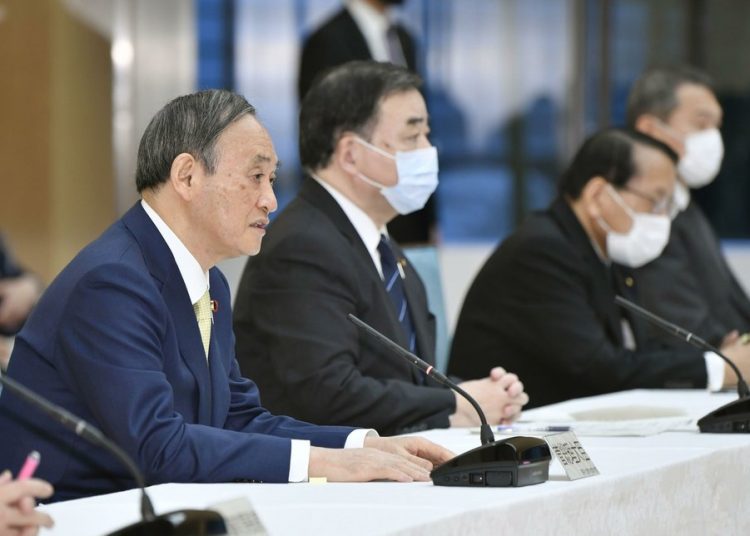TOKYO — Japan’s government announced Tuesday it would start releasing treated radioactive water from the wrecked Fukushima nuclear plant into the Pacific Ocean in two years. It’s a move that’s fiercely opposed by fishermen, residents and Japan’s neighbours.
The decision, long speculated at but delayed for years because of safety worries and protests, came during a meeting of Cabinet ministers who endorsed the ocean release as the best option, AP reported.
The accumulating water has been stored in tanks at the Fukushima Daiichi plant since 2011, when a massive earthquake and tsunami damaged its reactors and their cooling water became contaminated and began leaking. The plant’s storage capacity will be full late next year.
Prime Minister Yoshihide Suga said the ocean release was the most realistic option and that disposing the water is needed to complete the decades-long decommissioning of the Fukushima plant. He said the government would work to make sure the water is safe and to help local agriculture, fisheries and tourism.
The government stresses the water’s safety, calling it “treated” not “radioactive,” even though radionuclides can only be reduced to disposable levels, not to zero. The amount of radioactive material that would remain in the water is unknown.






Discussion about this post